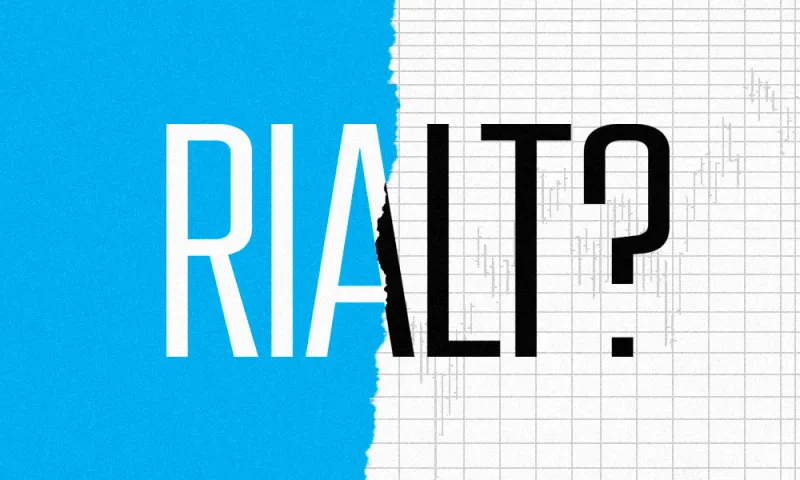Alternative asset managers have broken into the retail market via wealth managers, and are poised to raked in more capital.
Financial advisors expect the distribution of hedge fund, private equity, and real estate products will rise in 2020 compared to last year, according to a Cerulli Associates report released Friday. Private equity had the biggest predicted jump, increasing 2.7 percentage points to 18.4 percent of alternative assets distributed through advisors in 2020, the report showed.
For alternative investment managers, financial advisors and wealthy individuals have become almost as important as institutions, according Cerulli. They’re focusing on technology and products tailored to access the retail market.
Worldwide, alternative assets totaled almost $9 trillion globally at the end of last year.
“Advisors have played an increasingly important role in the spread and adoption of alternative investment products across different channels,” said Michele Giuditta, a director at Boston-based Cerulli, in a statement about the report.
Nearly 40 percent of financial advisors work with alternatives, excluding liquid alts, which 37 percent of advisors said they use.
Wealth managers with more than $500 million in assets under management have the highest use of alternatives, while advisor practices with $100 million to $500 million have the highest use of liquid alternative mutual funds, according to the report.
[II Deep Dive: Cliff Asness: Stick With Liquid Alts]
But wealth managers balk at the cost of investing in alternative assets.
Sixty-five percent of financial advisors believe that fees are too high and are not sure how to integrate alternatives in client portfolios, Cerulli said. Pension plans remain the biggest investors in hedge funds, representing 39 percent of the industry’s capital.
Over the past year, 56 percent of hedge fund managers Cerulli surveyed held their fees steady, while almost 40 percent cut them. Only 6 percent of mangers increased their prices. “After experiencing a number of challenging years of high redemptions and weak inflows, hedge fund managers are understandably cautious about raising fees in the future,” the report said.
As for the popularity of private equity, the consulting firm cautioned about record fundraising targets — funds seek $1.5 trillion in aggregate — and increased deal competition. “This should be a concern to investors as it may translate into funds overpaying for assets, a situation which would be made worse if the economy went into a cyclical downturn,” Cerulli said.







